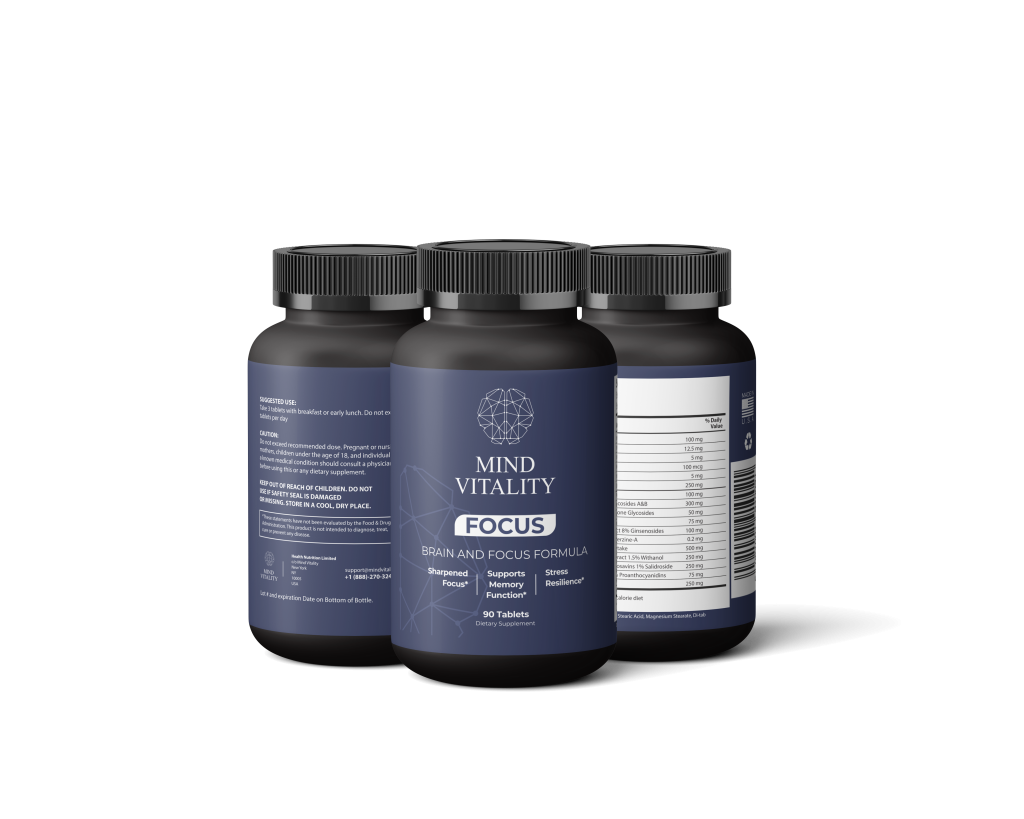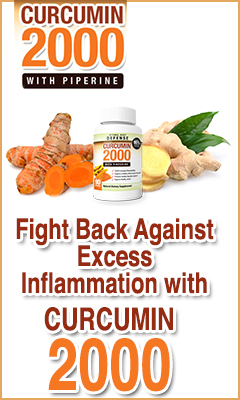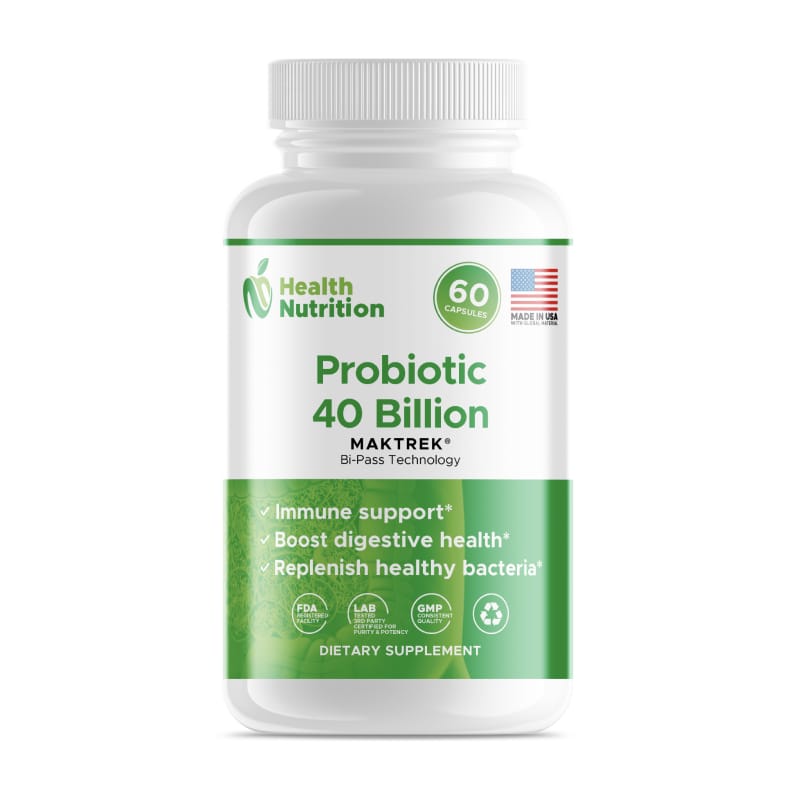boosting immunity in old age!
1. Thymus Involution:
Foods and Nutrients:
- Zinc is known to play a critical role in immune function. Research suggests that zinc deficiency can impair immune cell development and response. Studies have shown that zinc supplementation can enhance thymic function and boost immune responses. (Reference: Prasad, A. S. (2008). Zinc in human health: effect of zinc on immune cells. Molecular Medicine, 14(5-6), 353–357.)
- Zinc-rich foods like lean meats, poultry, seafood, nuts, and seeds support immune cell development and function.
- Vitamin C is an antioxidant that supports immune health by promoting the production and function of immune cells. Adequate intake of vitamin C-rich foods has been associated with reduced risk of infections. (Reference: Carr, A. C., & Maggini, S. (2017). Vitamin C and Immune Function. Nutrients, 9(11), 1211.)
- Vitamin C-rich foods like citrus fruits, strawberries, bell peppers, and broccoli aid in collagen formation and immune support.
- Foods rich in antioxidants, such as berries, dark leafy greens, and colorful vegetables, can help combat oxidative stress.
Supplements:
- Zinc supplementation has been shown to improve immune response in elderly individuals. However, excessive zinc intake can have negative effects, so it’s important to consult with a healthcare professional. (Reference: Haase, H., Rink, L. (2009). Zinc signals and immune function. BioFactors, 35(5), Zinc signals and immune function.)
- Vitamin C supplements can enhance immune cell function and reduce the duration and severity of cold symptoms. (Reference: Hemilä, H., & Chalker, E. (2013). Vitamin C for preventing and treating the common cold. Cochrane Database of Systematic Reviews, 2013(1), CD000980.)
Habits:
- Regular physical activity supports overall health and immune function.
- Stress management techniques like meditation, yoga, and deep breathing can help reduce stress-induced immune system suppression.

2. Reduced Antibody Response:
Foods and Nutrients:
- Protein intake is essential for maintaining immune function. Adequate protein intake supports the production of antibodies and immune cells. (Reference: Calder, P. C., et al. (2017). Protein quality and exercise performance. Proceedings of the Nutrition Society, 76(4), 476–487.)
- Protein-rich foods like lean meats, dairy products, beans, and legumes provide the building blocks for antibody production.
- Omega-3 fatty acids have anti-inflammatory properties and can modulate immune responses. Incorporating omega-3-rich foods into the diet can enhance immune function. (Reference: Calder, P. C. (2013). Omega-3 fatty acids and inflammatory processes. Nutrients, 5(7), 5205–5230.)
- Omega-3 fatty acids found in fatty fish (salmon, mackerel) and flaxseeds can help regulate immune responses.
Supplements:
- Omega-3 fatty acid supplementation may reduce inflammation and support immune health. However, individual responses may vary, and it’s advisable to consult with a healthcare provider. (Reference: Calder, P. C. (2010). Omega-3 fatty acids and inflammatory processes: from molecules to man. Biochemical Society Transactions, 39(6), 1105–1108.)
- Omega-3 fatty acid supplements can support anti-inflammatory responses.
- Protein supplements may be beneficial for those with reduced protein intake.
Habits:
- Staying hydrated helps maintain the balance of bodily fluids essential for immune responses.
- Adequate sleep is vital for immune system recovery and function.

3. Inflammation:
Foods and Nutrients:
- Anti-inflammatory foods like turmeric, ginger, green tea, and berries can help mitigate chronic inflammation.
- Fiber-rich foods such as whole grains, legumes, and vegetables support gut health and may reduce inflammation.
Supplements:
- Curcumin, found in turmeric, has potent anti-inflammatory properties. Research suggests that curcumin supplementation can modulate inflammatory responses. (Reference: Hewlings, S. J., & Kalman, D. S. (2017). Curcumin: A Review of Its’ Effects on Human Health. Foods, 6(10), 92.)
- Curcumin supplements, derived from turmeric, have anti-inflammatory properties.
- Probiotics, found in fermented foods and supplements, can positively influence gut health and reduce inflammation. A balanced gut microbiome is associated with improved immune function. (Reference: Liu, Y., & Fatheree, N. Y. (2018). The Human Milk Microbiome: Implications for Infant Health. The Pediatric Clinics of North America, 65(2), 275–290.)
- Probiotic supplements can promote a healthy gut microbiome and reduce inflammation.
Habits:
- Maintaining a healthy weight through balanced nutrition and regular exercise can reduce inflammation.
- Avoiding or limiting processed foods and excessive sugar can help manage inflammation.
4. Cellular Communication:
Foods and Nutrients:
- Vitamin D deficiency is associated with impaired immune function. Adequate vitamin D levels are essential for immune cell communication and response. (Reference: Aranow, C. (2011). Vitamin D and the Immune System. Journal of Investigative Medicine, 59(6), 881–886.)
- Vitamin D-rich foods like fatty fish, fortified dairy products, and mushrooms support immune cell communication.
- Antioxidants like vitamin E, found in nuts and seeds, protect cells from damage caused by oxidative stress. Maintaining a diet rich in antioxidants can support cellular communication within the immune system. (Reference: Brigelius-Flohé, R., & Traber, M. G. (2019). Vitamin E: function and metabolism. FASEB Journal, 29(10), 4041–4052.)
- Antioxidant-rich foods, including nuts, seeds, and leafy greens, can help protect cells from damage.
Supplements:
- Vitamin D supplements can be beneficial, especially in cases of deficiency (consult a healthcare professional).
- Antioxidant supplements like vitamin E can support cellular health.
Habits:
- Sunlight exposure in moderation helps the body produce vitamin D naturally.
- Engaging in social activities and maintaining strong relationships can positively impact mental health and immune function.
Conclusion:
While no single food, supplement, or habit can completely halt the aging process or fully counteract immune system decline, a combination of a healthy diet, appropriate supplements under medical guidance, and positive lifestyle habits can certainly contribute to supporting immune health in aging individuals. It’s important to consult with a healthcare professional before making significant changes to your diet or supplement regimen, especially if you have existing health conditions or take medications. Additionally, maintaining an overall healthy lifestyle, staying hydrated, managing stress, and getting regular check-ups are crucial components of promoting immune system function as you age.


Thanks for the great info. really helpful